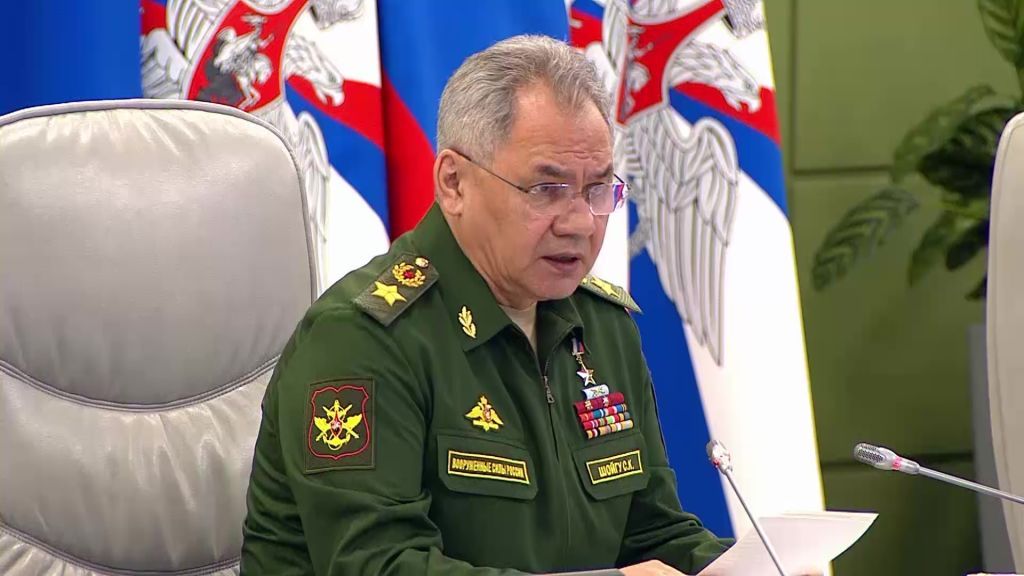Media: Russian Su-30 producer buys back over $400 million of own equipment in past 2 years

A Russian Su-30 fighter jet producer bought back its own military equipment previously sold to foreign partners worth over $400 million in 2022 and 2023, the Russian independent outlet Moscow Times reported on May 7, citing customs data.
Such imports would signal a growing shift in Russia's defense industry from exports to domestic needs as the ongoing full-scale invasion of Ukraine puts pressure on its capacities.
Irkut, renamed Yakovlev Corporation in 2023, also produces Yak-130 trainer aircraft and civilian airliners. Its main military product, the Su-30 fighter, is actively used by Russian forces against Ukraine.
The Oryx monitoring service said that Russia lost 11 Su-30 aircraft during the full-scale war against Ukraine.
According to The Moscow Times, the company began buying back its own supplies from abroad already before the outbreak of the full-scale invasion in 2021.
The imports peaked in 2021 at $581 million, followed by $322.3 million in 2022 and $95.1 million in 2023, amounting to almost $1 trillion in three years, the outlet wrote.
Most of the repurchased components, such as radar equipment and programmable controllers, are reportedly needed for military aircraft production.
Military expert David Sharp told The Moscow Times that the Russian military-industrial complex is capable of producing aircraft like Su-30, Su-34, and Su-35 relatively slowly. The process takes time and extensive funds and can be held up by various bottlenecks of important components, he added.
Western countries have imposed sanctions against Russia aimed at cutting off supplies from its defense industry.
In addition to Irkut, NPO Mashinostroyeniya missile producer and NPP Automated Measuring Complexes have also been buying back their own equipment, with the transactions amounting to over $1 billion since 2021, The Moscow Times wrote.
The Stockholm International Peace Research Institute (SIPRI)'s research from March showed that Russian arms exports fell by 53% between the periods 2014-2018 and 2019-2023.
Russian export volumes were 52% lower in 2023 than in 2022, with the U.K. Defense Ministry connecting the development to Russia prioritizing battlefield needs and a reduced customer demand due to sanctions risks.











